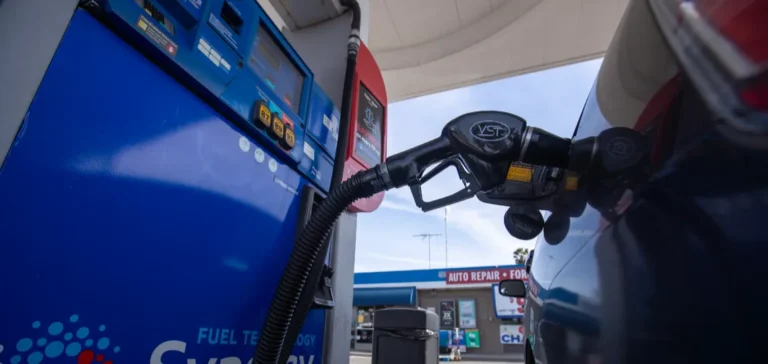California has officially authorised the sale of gasoline containing up to 15% ethanol (E15), ending a long-standing ban that had made the state the only one in the United States to prohibit the fuel. Governor Gavin Newsom signed Assembly Bill 30, unanimously approved by both chambers of the legislature, allowing immediate statewide sales of E15.
The state government claims the measure could reduce pump prices by up to $0.20 per gallon. A joint study by the University of California at Berkeley and the United States Naval Academy estimates the policy change could generate up to $2.7bn in annual savings for California consumers, or approximately $200 per household.
Energy market under regulatory pressure
California is the largest automotive fuel market in the country, but its stringent environmental regulations have long hindered the introduction of blends like E15. Despite the absence of final environmental validation, the California Air Resources Board (CARB) has been instructed to expedite its product evaluation. The newly adopted law allows immediate distribution of the fuel while the assessment is underway.
Existing infrastructure will require upgrades to accommodate E15, including modifications to service station pumps. The state’s budget for fiscal year 2025–2026 includes dedicated funding for regulatory compliance related to the new fuel.
Growing support and federal initiatives
Ethanol industry groups have welcomed a long-awaited victory after years of campaigning to access the California market. Since 2018, technical assessments carried out in partnership with CARB aimed to demonstrate E15’s compatibility with California’s air quality goals.
At the federal level, access to E15 remains subject to temporary waivers. The United States Environmental Protection Agency (EPA) issued a nationwide exemption in April to allow E15 sales during summer months, a measure extended since 2022 in response to international tensions affecting the oil market.
Pressure for legislative harmonisation
Several Midwestern states now have a permanent authorisation for E15 sales. Meanwhile, federal lawmakers are pushing for unified legislation. The “Nationwide Consumer and Fuel Retailer Choice Act of 2025”, proposed by Senator Deb Fischer, is backed by a bipartisan coalition of 12 senators and 28 representatives.
The bill aims to ensure nationwide access to the fuel year-round, without seasonal regulatory interruptions. Despite earlier attempts to include E15 provisions in budget bills, the measures were removed at the last minute due to political pressure.
“California’s endorsement boosts momentum around E15,” said Ron Lamberty, Chief Marketing Officer at the American Coalition for Ethanol. “The next step is securing consistent nationwide availability.”






















